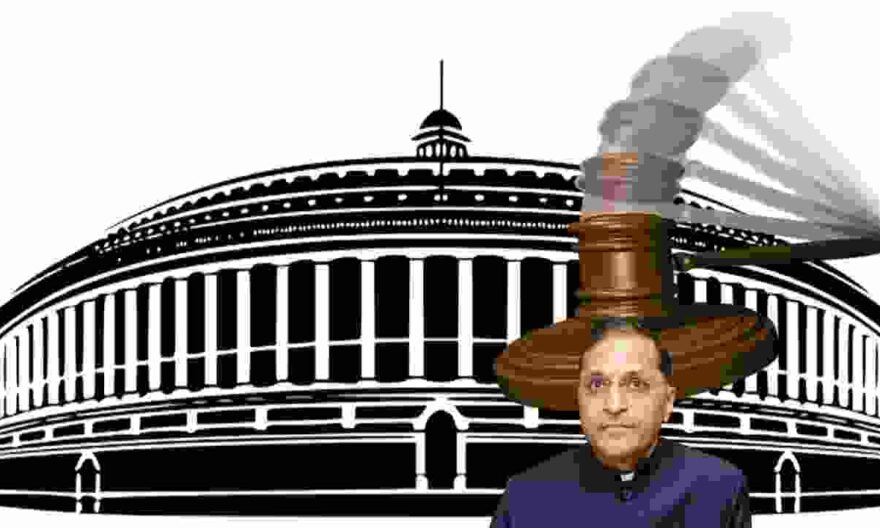
The Supreme court on Thursday again criticized the government over judicial appointment issues and remarked that Parliament has the right to enact new law but at the same time must adhere to existing legal positions.
A bench led by Justice Sanjay Kishan Kaul said that it expects the Attorney General to play the role of the seniormost law officer to advise the government on the existing legal position.
The government cannot conveniently cite views of some judges on MoP to oppose Collegium recommendations,the court added
The Parliament has the right to enact a law but it is also subject to the scrutiny of courts and “it is important that the law laid down by this court is followed else people would follow the law which they think is correct”, the court said
The court also told the Attorney General to advise Union Ministers to exercise some control over their public criticism about the Collegium and said that the statements made recently are not being taken very well and the ministers ought to exercise some control.
The court remarked that it has told the Attorney General that Memorandum of Procedure (MoP) is final till government suggestions are looked into, MoP as finalised has to apply.
The court also cited the earlier Constitution Bench decision of the top court upholding the Collegium system and said that the government is bound to implement and enforce the law as laid down.
In the last hearing, the Court had also expressed its disappointment with the statement given by the Law Minister to a news channel.
On December ,8 In his first address as Chairman in the Rajya Sabha, Vice President Dhankhar mentioned the National Judicial Commission Act (NJAC). He said “it was passed unanimously by both the Houses of Parliament. The Supreme Court had rejected the bill in the year 2015, “
it a “glaring instance” of “severe compromise” of parliamentary sovereignty and disregard of the “mandate of the people”he added
Vice President Jagdeep Dhankhar’s called the parliamentary mandate on it “historic” and said that it was “undone by the Supreme Court on October 16, 2015, by a majority of 4:1 finding the same as not being in consonance with the judicially evolved doctrine of ‘Basic Structure’ of the Constitution”.




